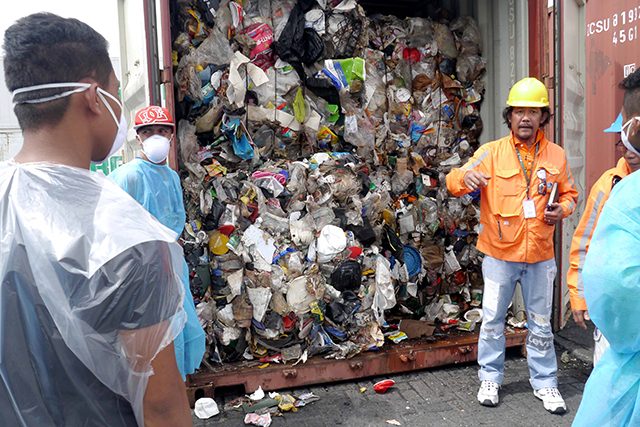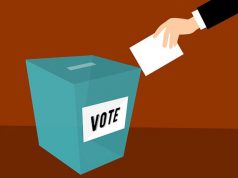
OTTAWA — Canada plans to ban some single-use plastics like straws, bags and cutlery by early 2021 to reduce non-recyclable waste and protect the world’s oceans, Canadian Prime Minister Justin Trudeau said on Monday.
Trudeau announced the move from the banks of a lake in Gault Nature Reserve in Quebec less than five months before a national election in which climate change and pollution are among the top campaign issues.
“To be honest, as a dad, it’s tough trying to explain this to my kids. How do you explain dead whales washing up on beaches around the world, their stomachs jam-packed with plastic bags?” Trudeau said.
“As parents we’re at a point when we take our kids to the beach and we have to search out a patch of sand that isn’t littered with straws, Styrofoam or bottles. That’s a problem, one that we have to do something about.”
Canada’s move follows one by the European Parliament, which voted earlier this year to ban several single-use plastic products, and recent disputes with the Philippines and Malaysia over Canadian waste shipped to them.
Less than 10% of plastic used in Canada gets recycled, and Canadians will throw away an estimated C$11 billion ($8.3 billion) worth of plastic materials each year by 2030 without a change in course, the government said in a statement.
Canada has delayed implementation until 2021 to allow time for a “science-based” decision on exactly which plastics “are harmful to the environment and human health,” according to a government statement.
It will also give businesses time to adjust.
“The restaurateurs will take a hit, but some of the extra cost will be passed onto consumers, too,” said Claudio Fracassi, owner of the Soup Guy Plus restaurant in central Ottawa.
He uses Styrofoam soup cups and plastic utensils, but plans to switch to paper products, which cost more, he said.
“I want to save the environment. I recycle. But I want more choices (of non-plastic products) and the emphasis should be put on the manufacturer,” Fracassi said.
Canada may require manufacturers to use a set amount of recycled content, the government said. Also, federal and provincial authorities will work together so that companies, rather than just municipalities, take more responsibility for the recycling process.
The Canadian Federation of Independent Business called for an assessment of the economic impacts of the ban.
“If done hastily, this policy could add a whole lot of new red tape to their plates,” CFIB President Dan Kelly said in a statement.
Canada recently became entangled in a political dispute with the Philippines over 1,500 tons of household waste – mislabeled as recyclable plastics – shipped to Southeast Asia in 2013 and 2014. Canada agreed to take it back last month after a protracted diplomatic spat.
Malaysia similarly said it would return 3,000 tons of plastic waste from Canada, the United States, Japan and the United Kingdom.
“The issue of plastic pollution will increasingly be seen as an issue for developing countries that feel they are being dumped with waste from rich countries that should be taking care of their own waste internally,” said Sara Seck, a Dalhousie University law professor. ($1 = 1.3267 Canadian dollars)—Reporting by Steve Scherer and Tyler Choi; Editing by Chizu Nomiyama, Steve Orlofsky and Dan Grebler









